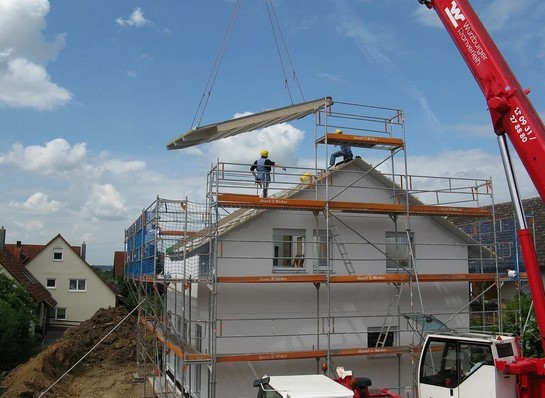Startups in Construction: How to Effectively Manage a New Business

There is no denying that running a startup can be quite exhilarating – especially due to all the potential opportunities for your new business to succeed. That said, just as there are opportunities to forge ahead and future-proof a startup, there are also plenty of potential pitfalls. After all, compared to a long-running business with plenty of clout and staying power, a startup does not have enough to bounce back from short-sighted business decisions.
It is the reason why running a startup in construction can feel like you are walking a tightrope. When the slightest mistake has far-reaching consequences, it pays to know how to get the job done right the first time. Fortunately, taking from the example of other successful startups in the industry can get the job done. Here are a few ways to effectively manage a new business in construction.
Ensure that your company has the proper coverage
Keep in mind that no matter which industry you choose, coverage is a crucial part of business management. While there are plenty of different types of coverage unique to your business, small businesses have the advantage of going for the business owner’s policy. The BOP has most of the insurance types relevant for your industry, and it is priced lower than the individual cost of each type of coverage.
The problem with not having the bare minimum of coverage is that your business will be vulnerable to legal issues. Keep in mind that even one potential lawsuit could very well tank a startup before you can realise its potential.
Ensure that your company prioritises quality over quantity
When it comes to working in the construction industry, it pays to be thorough and selective when it comes to your projects. After all, going for a project where you will barely break even will not do much to expand your business. That said, when you take charge of a project, it is crucial to be as thorough as you possibly can.
From the use of modern techniques and equipment to nailing compliance requirements through sound testing, going for quality makes you pay now to save money later on. It might be tempting to cut corners, but getting things right the first time to the best of your ability will show potential clients that you mean business.
On the topic of employee incentives
Last but certainly not least, keep in mind that your workers will likely not do their best if they aren’t provided sufficient reason to do so. If going for the bare minimum is going to earn them the same salary, there is little point in going the extra mile. Fortunately, the use of employee incentives will not only encourage your staff to try harder – it will also show them that your company cares.
Running a business in any industry is challenging enough, and the construction industry elevates the challenge to new levels. Thankfully, the tips above will provide an excellent first impression for potential clients, supporters, and employees.
Image: https://pixabay.com/photos/housebuilding-new-building-site-1407499/





